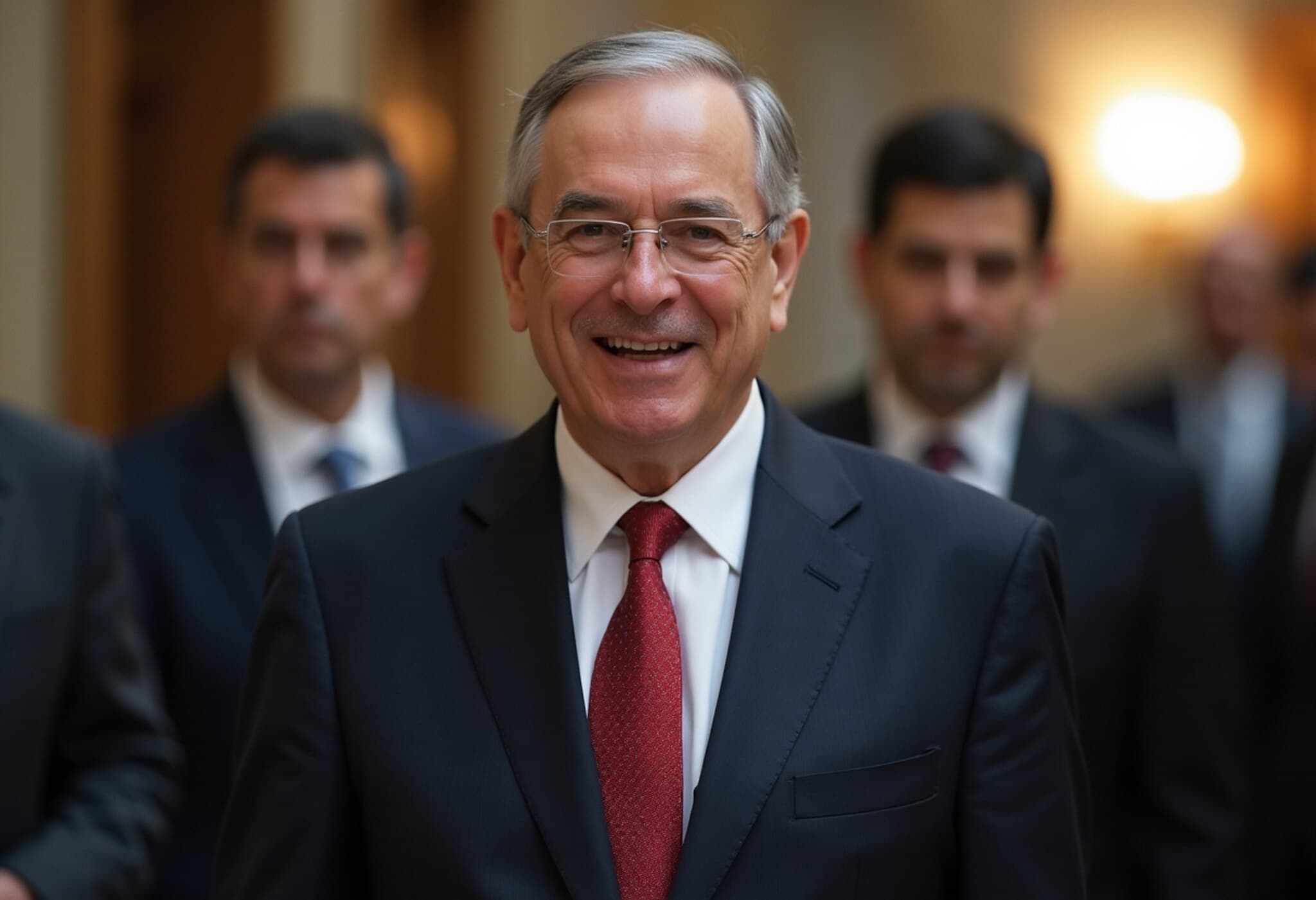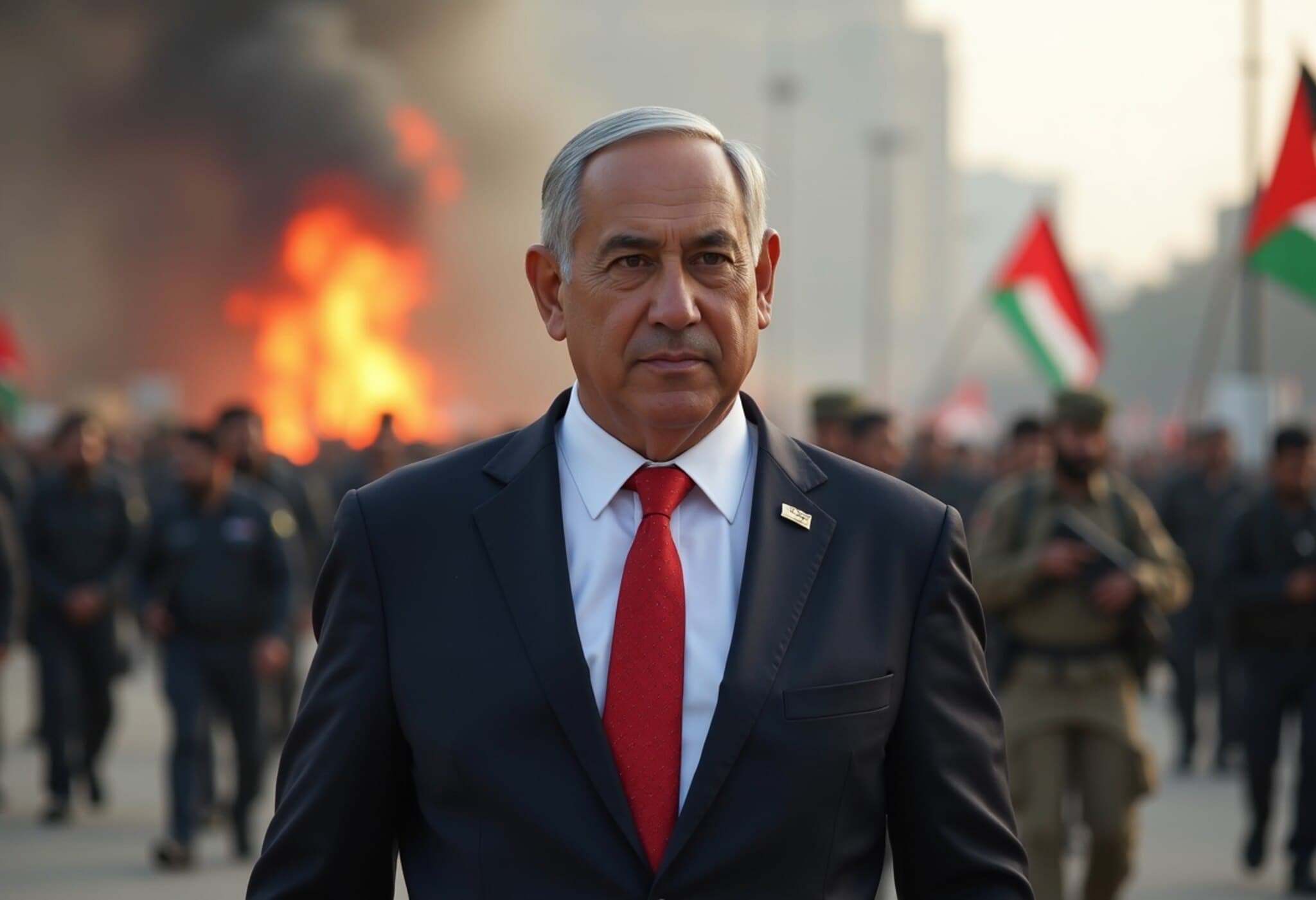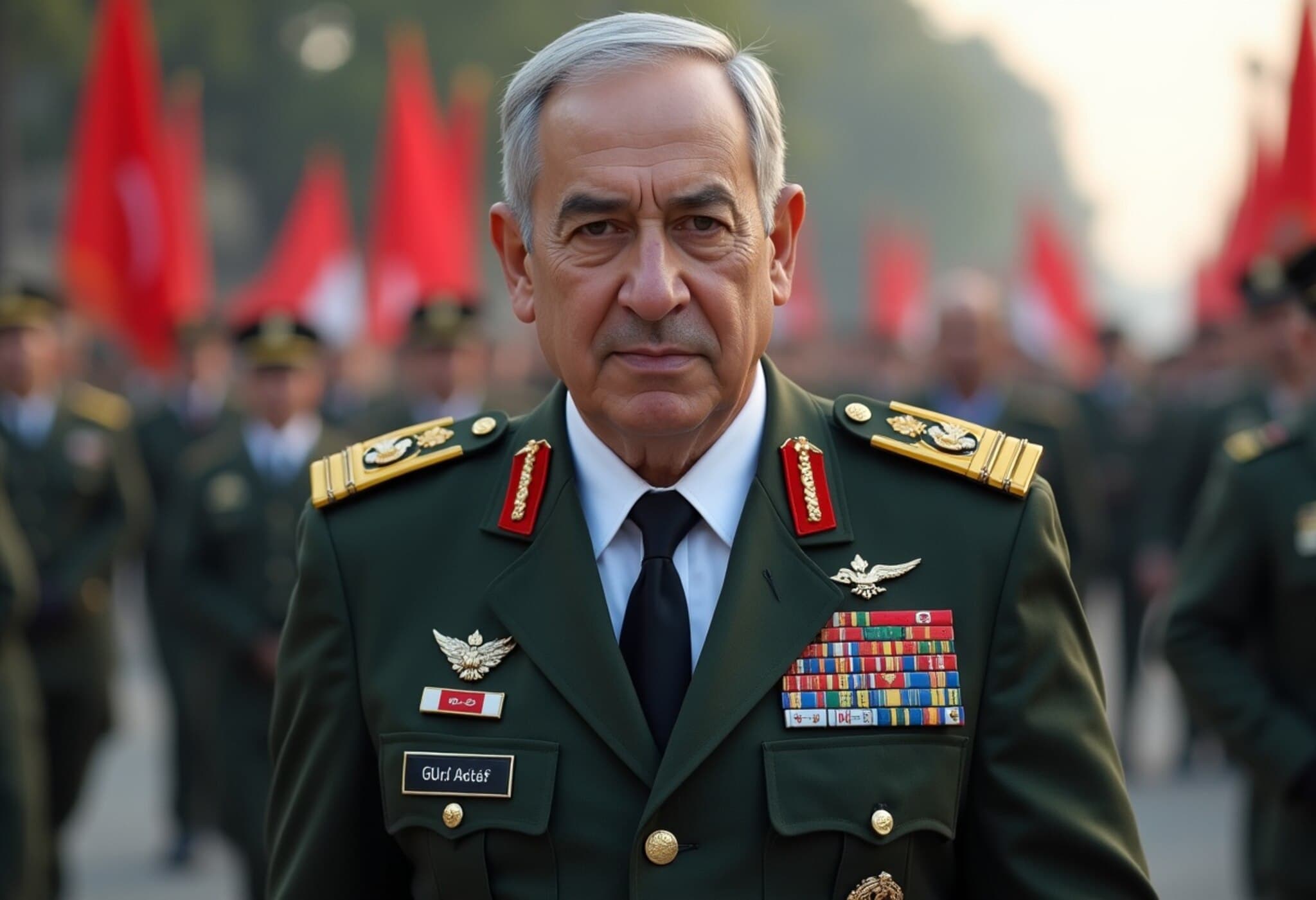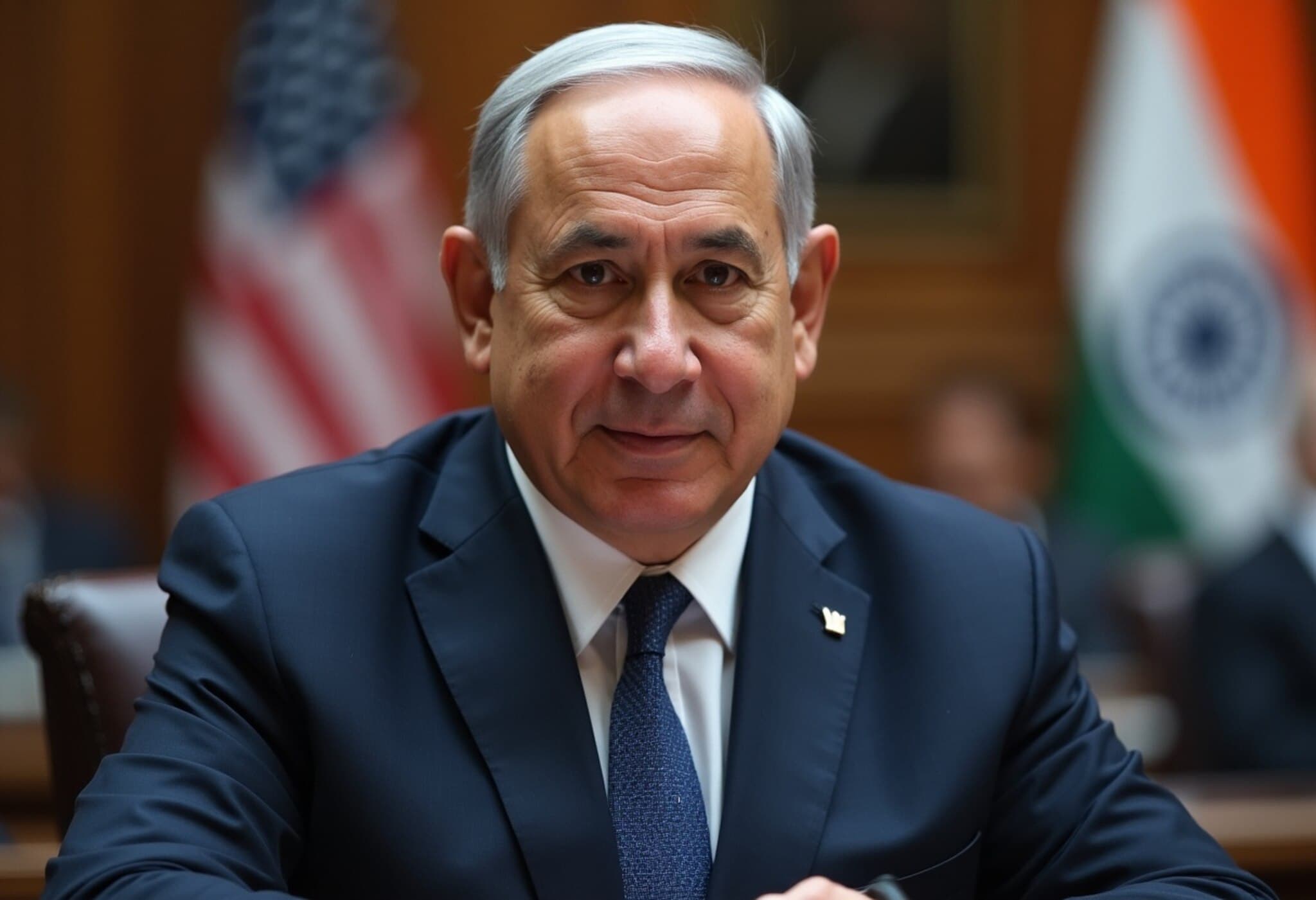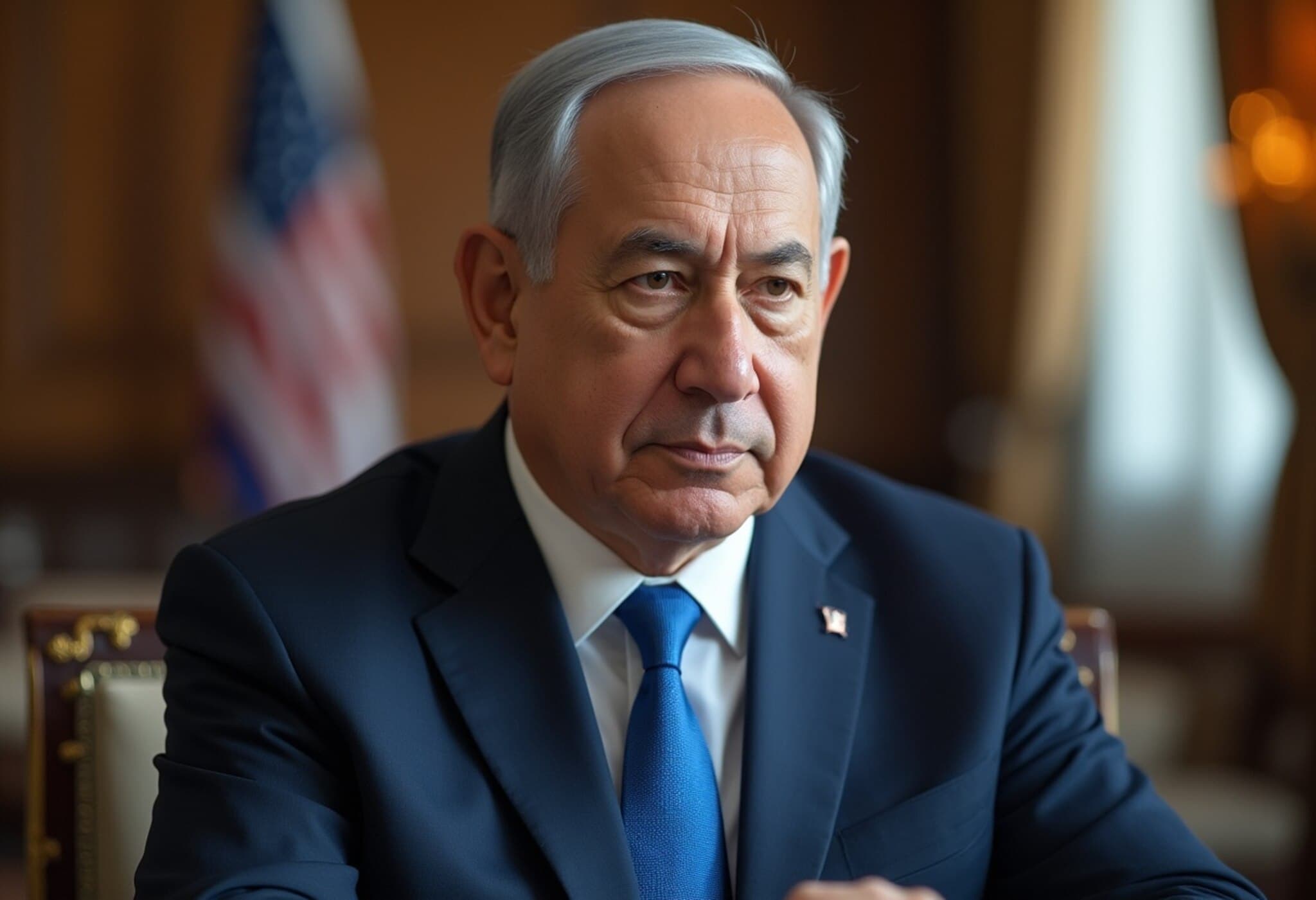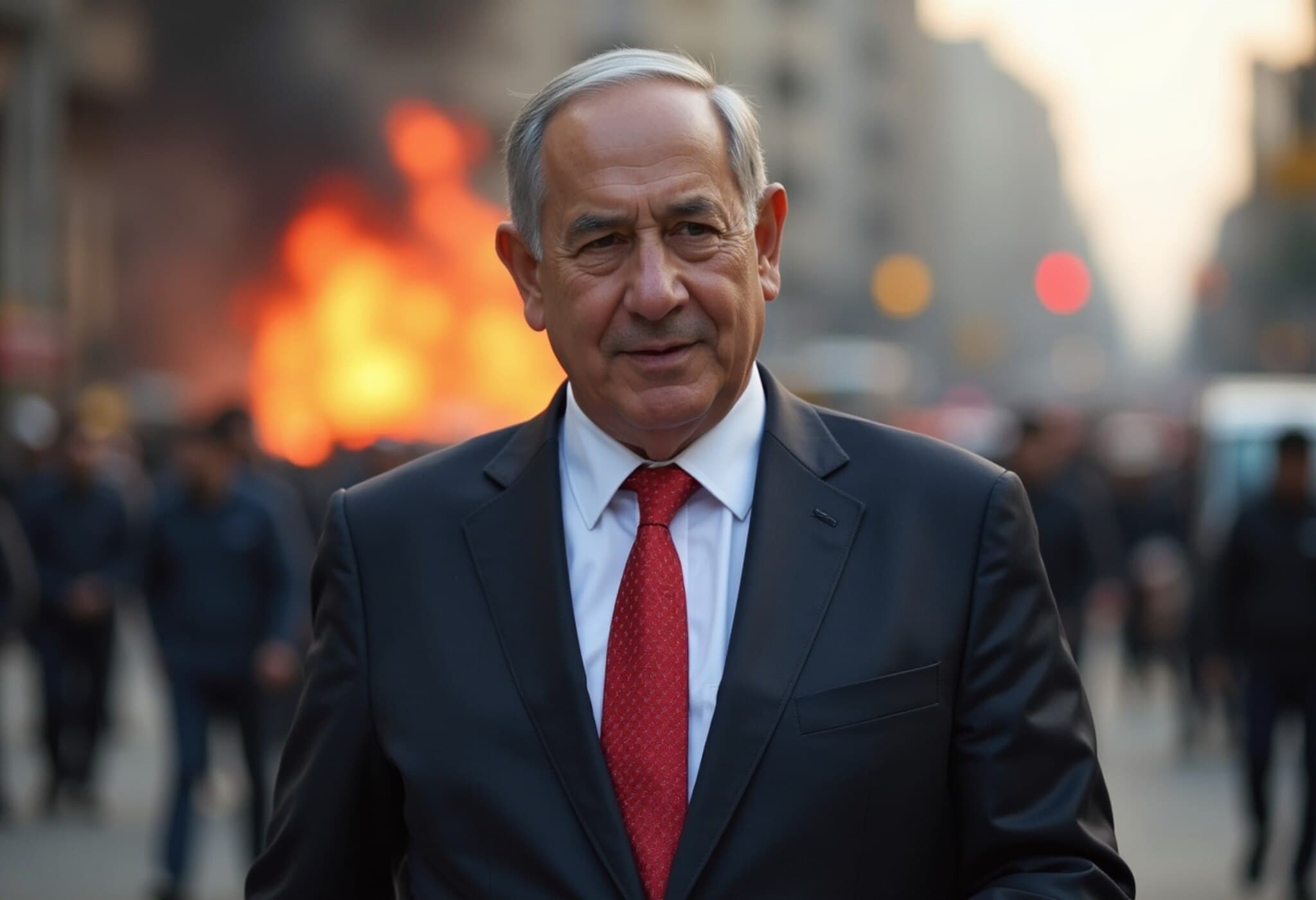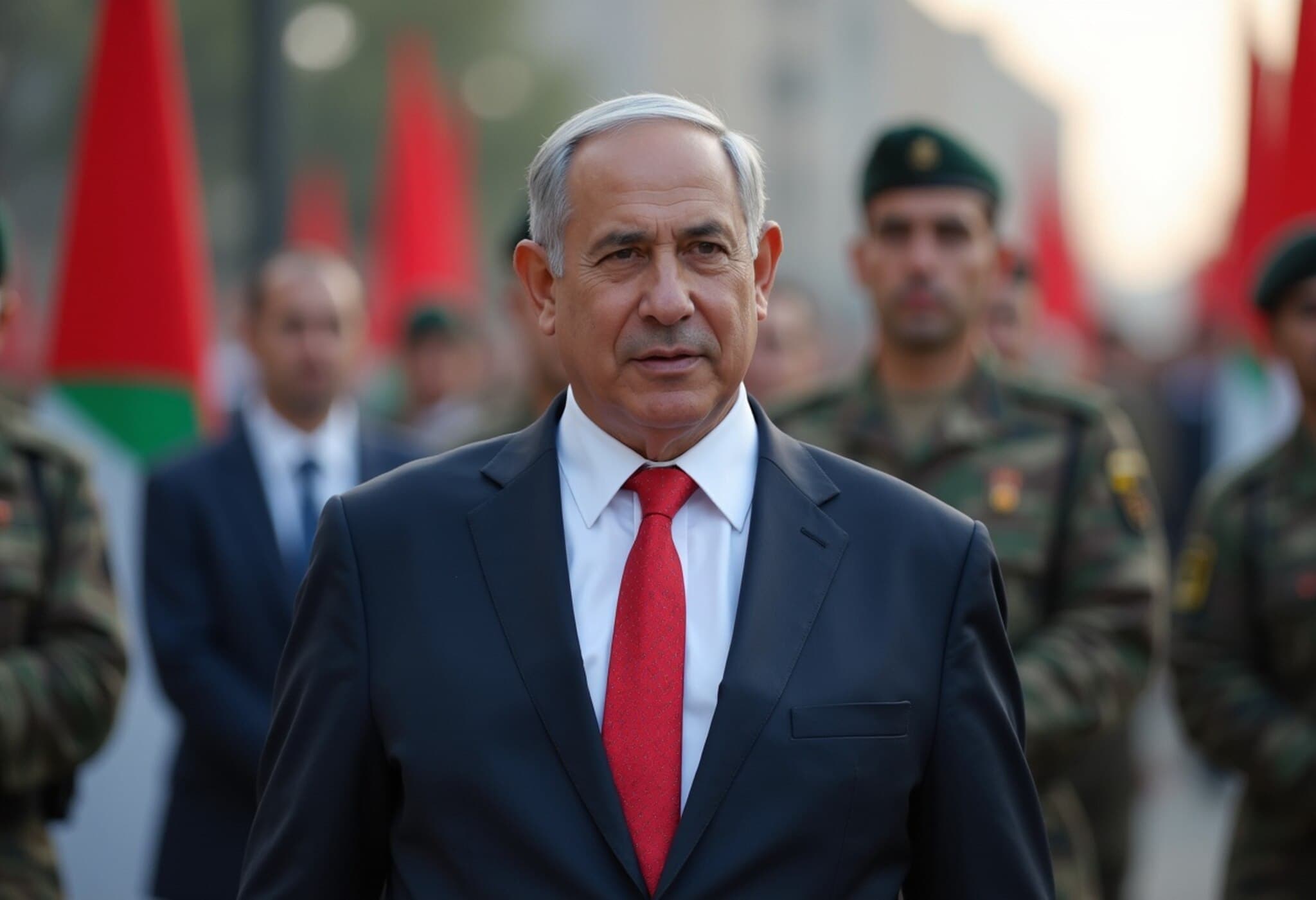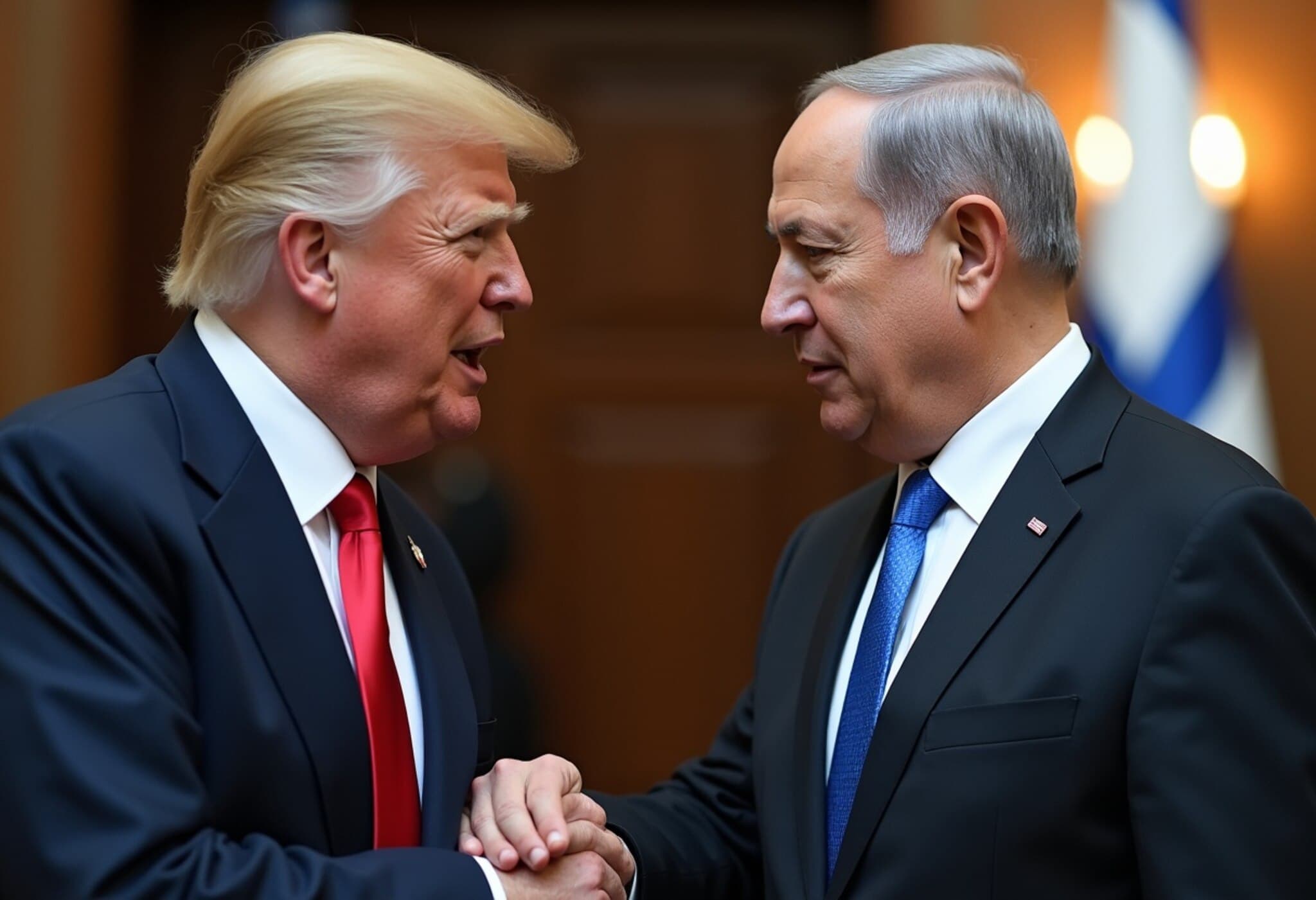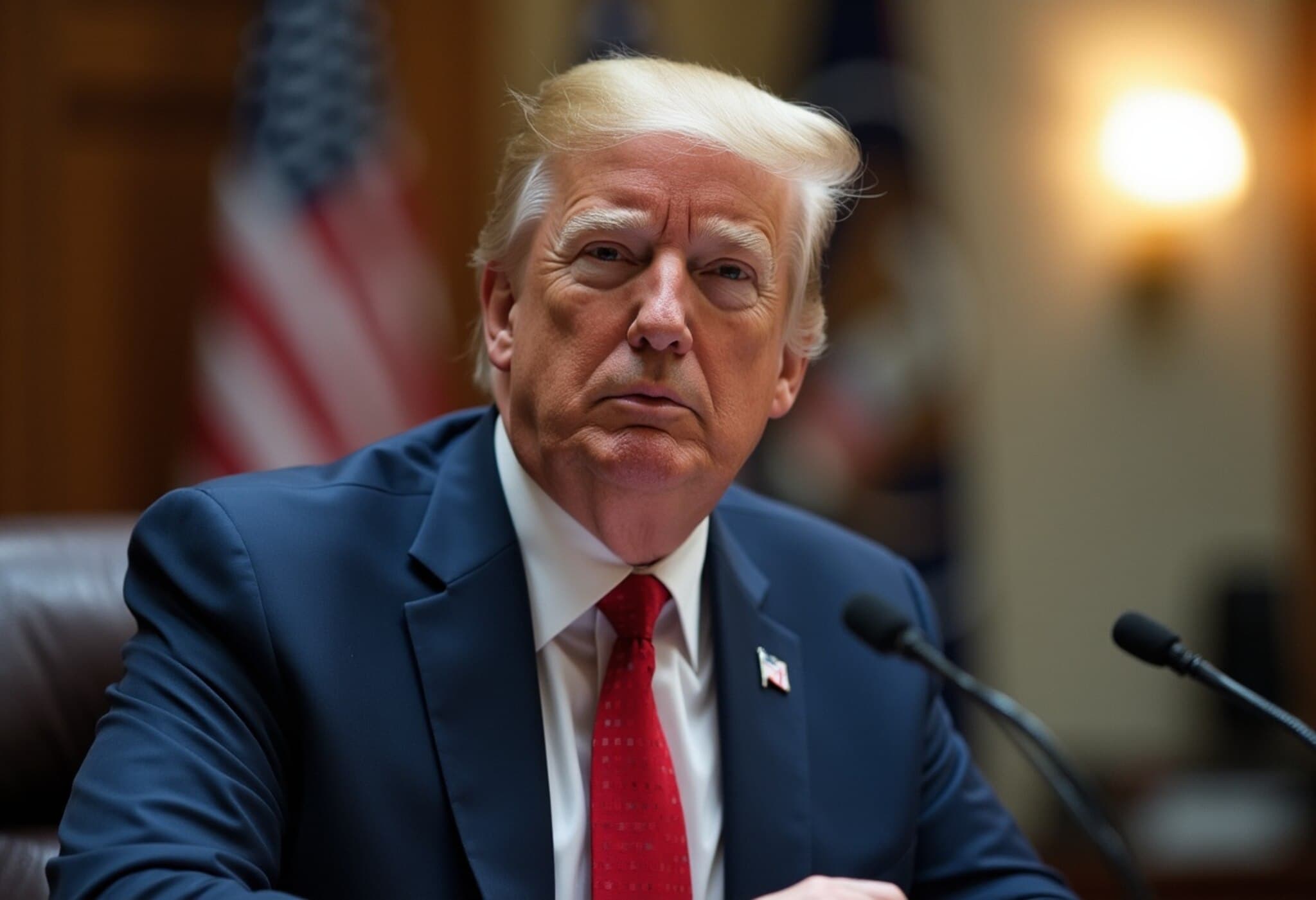US Envoy Thomas Barrack Meets Israeli Leadership Amid Complex Regional Tensions
On August 24, 2025, Thomas Barrack, the US Special Envoy for Syria and Ambassador to Turkey, arrived in Israel to engage in high-stakes discussions with Prime Minister Benjamin Netanyahu and other key officials. These talks come amid ongoing efforts by the United States to ease regional tensions impacting Syria and Lebanon, two countries beset by conflict and political instability.
Strategic Conversations Amid Stalled Ceasefire Efforts
According to sources cited by Axios, Barrack’s agenda includes meeting with Israel’s Minister for Strategic Affairs Ron Dermer and Defence Minister Israel Katz. These discussions are particularly timely, given the slow progress in the US-mediated ceasefire negotiations aimed at stabilizing southern Syria, a flashpoint for multiple international interests and proxy conflicts.
Barrack’s dual role as Ambassador to Turkey and Special Envoy places him at the center of the Trump administration’s broader diplomatic push in West Asia. His mission entails fostering dialogue to mitigate hostilities, especially regarding the influence of Iran-backed groups and the persistent military activities across the region.
Upcoming Delegation Visit to Lebanon and US Senate Support
The diplomatic endeavor is expanding beyond Israel, with Barrack’s delegation expected to travel to Beirut on August 25. Notably, Republican Senator Lindsey Graham will accompany the group, underscoring bipartisan US interest in a stable Levant region.
US-Mediated Talks on Syria: Challenges and Prospects
Efforts to negotiate a reduction in hostilities in southern Syria have seen mixed results. Last week, Ron Dermer met with Syria’s Foreign Minister Asaad al-Shibani in Paris, focusing on security arrangements. However, the first round of talks held in July concluded without consensus, signaling the deep challenges ahead.
A Bold Roadmap for Hezbollah’s Disarmament in Lebanon
One of the most ambitious elements of this diplomatic initiative is a proposed roadmap that entails Hezbollah disarming its armed groups by year-end. This plan hinges on Israel agreeing to halt ground, air, and naval military operations in southern Lebanon and withdrawing its forces accordingly.
- Lebanese Cabinet’s Position: Lebanon’s government has given conditional approval to the disarmament plan, despite Hezbollah’s refusal to comply publicly.
- Barrack’s Call for Israeli Cooperation: Calling for reciprocity, Barrack emphasized that Israel now bears responsibility to cooperate to realize peace efforts, though Netanyahu’s office has remained reserved on the proposal so far.
Expert Insights: Navigating a Fragile Balance in a Volatile Region
The US faces a complex diplomatic balancing act in the Levant. The multifaceted roles of Syria and Lebanon as battlegrounds for regional power struggles, intertwined with Israel’s security concerns and Iran’s expansive influence, create a labyrinthine environment for peace talks.
Appointing Barrack—a veteran with diplomatic experience and regional insight—signals Washington's intent to pursue dialogue that might have been sidelined in prior years. However, the path forward is fraught with skepticism from multiple sides, reflecting the entrenched nature of hostilities and political distrust.
Senator Lindsey Graham’s involvement highlights ongoing legislative interest in maintaining US influence and ensuring that diplomatic efforts do not falter. Greater Congressional engagement may impact future US policy decisions and funding related to security assistance in the region.
Underreported Perspectives and Critical Questions
- How will Hezbollah’s defiance to disarm impact Lebanon’s fragile political balance and the broader region’s security dynamics?
- What leverage does the US hold to ensure Israel complies with a cessation of military action as part of the roadmap?
- Can US diplomacy bridge the vast gap between Syrian government and opposition interests amid competing external actors?
Editor’s Note: The Road Ahead for US Diplomacy in West Asia
The visit of Thomas Barrack to Israel and Lebanon marks a pivotal moment in US efforts to calm one of the world’s most volatile regions. While the outlined roadmap offers a vision for disarmament and military de-escalation, real progress depends on the delicate dance of regional actors, internal politics, and international willpower.
For readers and observers, the pressing question remains: Can these diplomatic overtures translate into tangible peace, or are they another chapter in a long-standing narrative of stalled negotiations? As the situation evolves, continued scrutiny and informed analysis will be essential to understand the broader implications for Middle Eastern stability and US foreign policy.

